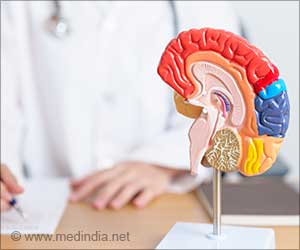According to new research from the University of California, targeting neuronal support cells called astrocytes can slow the advance of Amyotrophic lateral sclerosis (ALS), or Lou Gehrig’s disease.
ALS is a progressive disease that attacks the motor neurons, long and complex nerve cells that reach from the brain to the spinal cord and from the spinal cord to the muscles throughout the body and leads to loss of muscle control, paralysis and untimely death.The study led by Don Cleveland, Ph.D., UCSD Professor of Medicine, Neurosciences and Cellular and Molecular Medicine revealed that small immune cells called microglia are damaged by mutations in the SOD1 protein in initial stages of ALS that leads to the degeneration of the motor neurons and something similar happens to astrocytes support cells, essential to neuronal function.
“Mutant genes that cause ALS are expressed widely, not just in the motor neurons,” Nature Neuroscience, quoted Cleveland, as saying.
“Targeting the partner cells like astrocytes, which live in a synergistic environment with the neuron cells, helps stop the ‘cascade of damage.’ Therapeutically, this is the big news,” he added.
The study was conducted using a mice model where the researchers removed the mutant SOD1 gene in astrocytes.
The findings revealed that the reduction of the mutant SOD1 in astrocytes did not slow disease onset or early disease; however, the late stage of the disease was extended, nearly doubling the normal life expectancy of a mouse with ALS.
Advertisement
Silencing the mutant gene in the astrocytes not only helps protect the motor neuron, but delays activation of mutant microglia that act to accelerate the progression of ALS,” he added.
Advertisement
The findings appear in Nature Neuroscience.
Source-ANI
LIN/M





